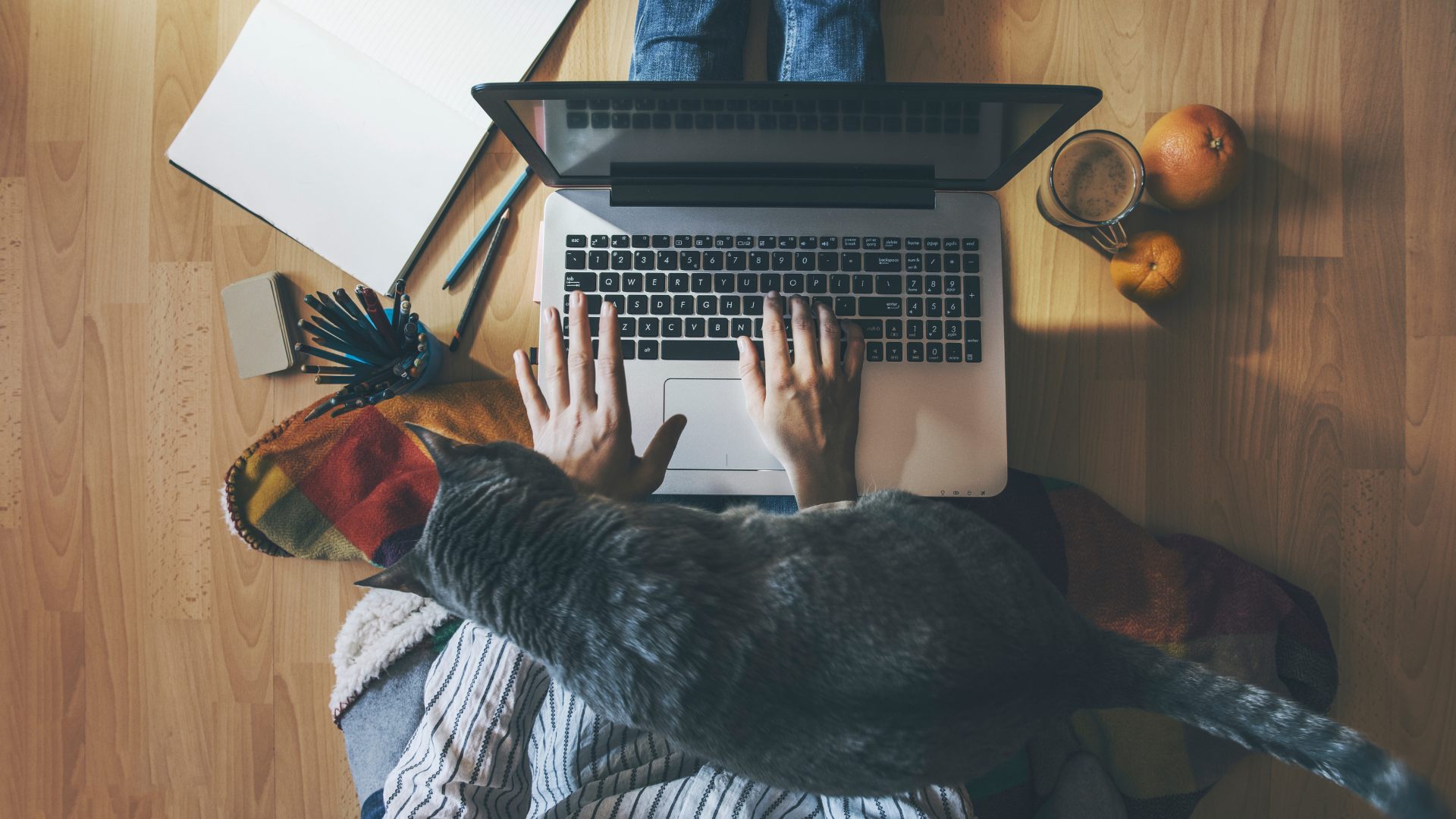How to maintain motivation working from home
Make time for activities that are meaningful to you
Our employed work is a means of generating intrinsic motivation. However, many of us have lost sight of other meaningful activities like participating in sports, seeing loved-ones, or going to bustling restaurants through the pandemic. This leaves us lacking something to look forward to that recharges our batteries at the end of the day. Motivation can be enhanced when we have something fun and relaxing to anticipate, so be sure to include time for nature walks, puzzles, home décor, cooking, or whatever your favourite activities are in your daily routine.
Prioritize your mental health
If you're finding it more difficult to find your motivation generally, then maybe it’s a good time to consult with your doctor, see a counsellor, or talk to your manager about accommodations. It shows tremendous strength to prioritize your mental health and can boost productivity and engagement over the long run.
Tidy up
Practice self-compassion
Take naps / rest
Hold yourself accountable
Like having a gym buddy, you can also find a self-care buddy. This person can help hold you accountable to your goals, whether those goals relate to going to bed earlier, going on afternoon walks, taking scheduled breaks, and so on. Sometimes it’s easier to justify other people’s self-care than our own, and this can be a great way to give ourselves that extra reassurance that it’s okay to do what you need to do to maintain healthy motivation.
Experiment with different strategies
Find what works for you out of these tips and other ideas you feel may boost your drive to work. Sometimes naps don’t suit your energy levels but using a reward system works great. Some people benefit from meditation or yoga, while others prefer belting out heavy metal music. Not one size fits all, so try out different options for a few days and learn what works for you!
The ideas here can be tried out one at a time, or you might choose to integrate a couple of them into your life. If you find you’re lacking drive even after implementing these tips, an occupational therapist can help you to address specific issues that may be holding you back.
2 Source: Saxbee & Repetti, 20102
3 Source: Saxbee & Repetti, 20103
4 Source: Thibeault, 20204 Source: Dhand & Sohal, 200

